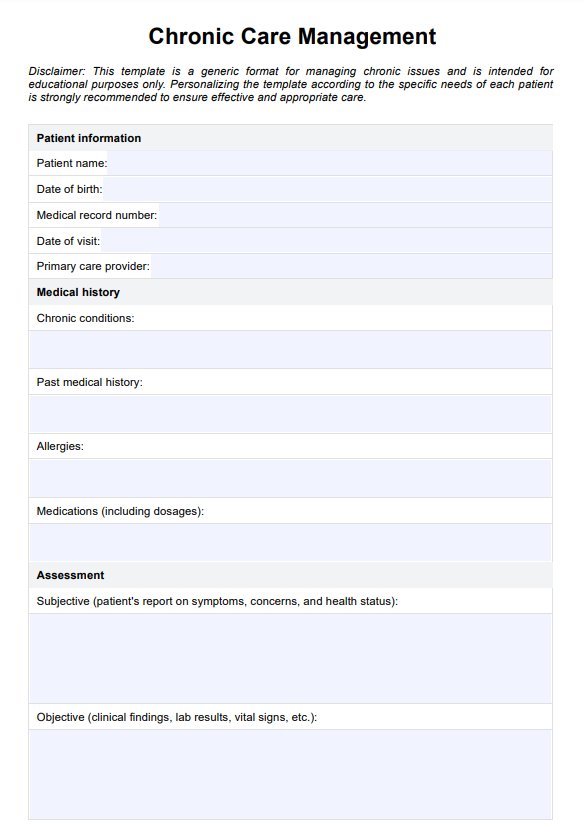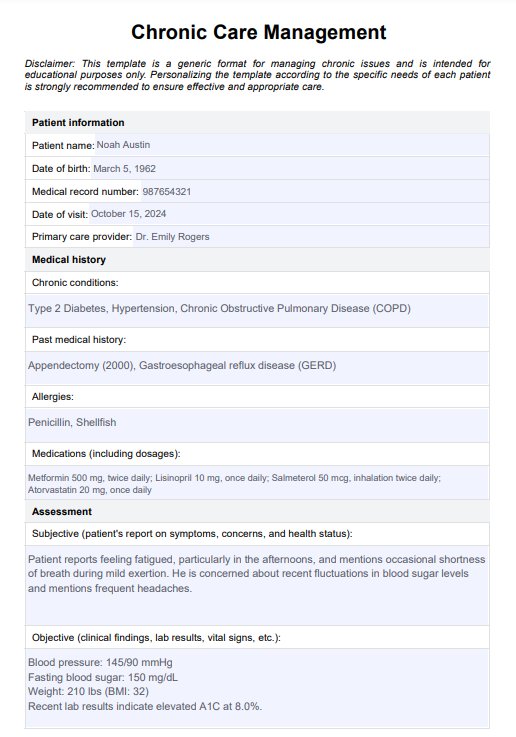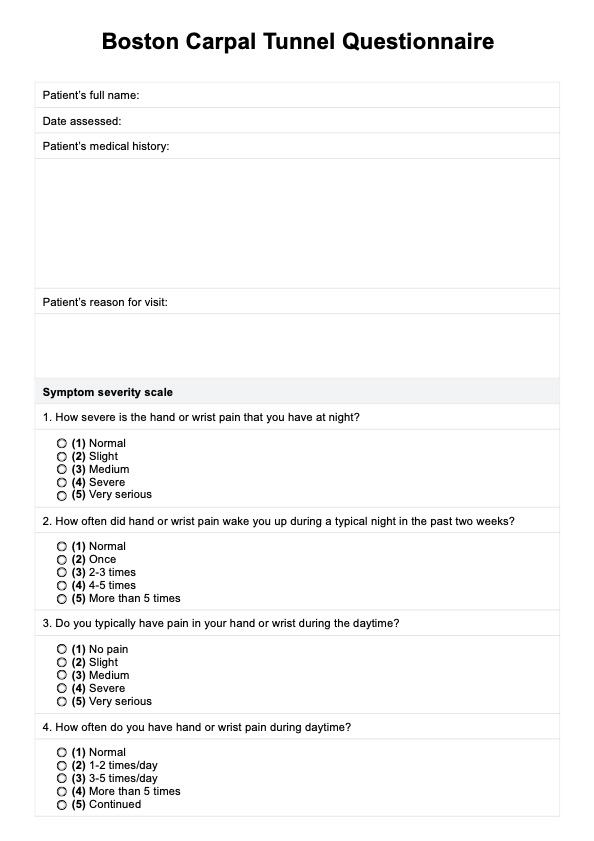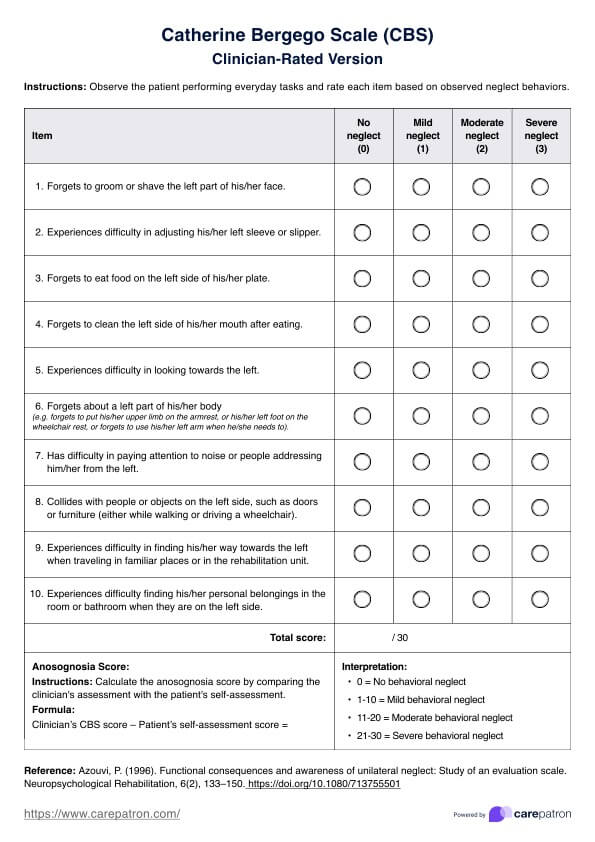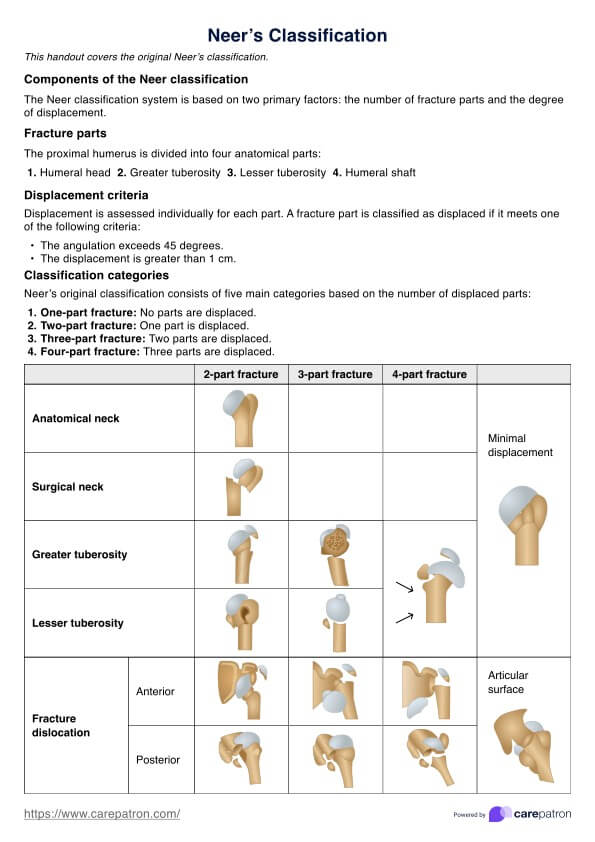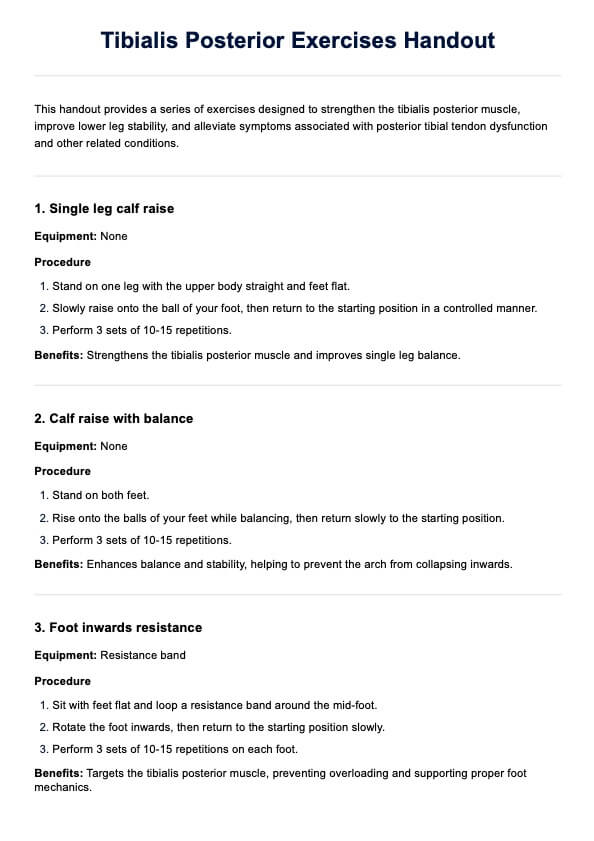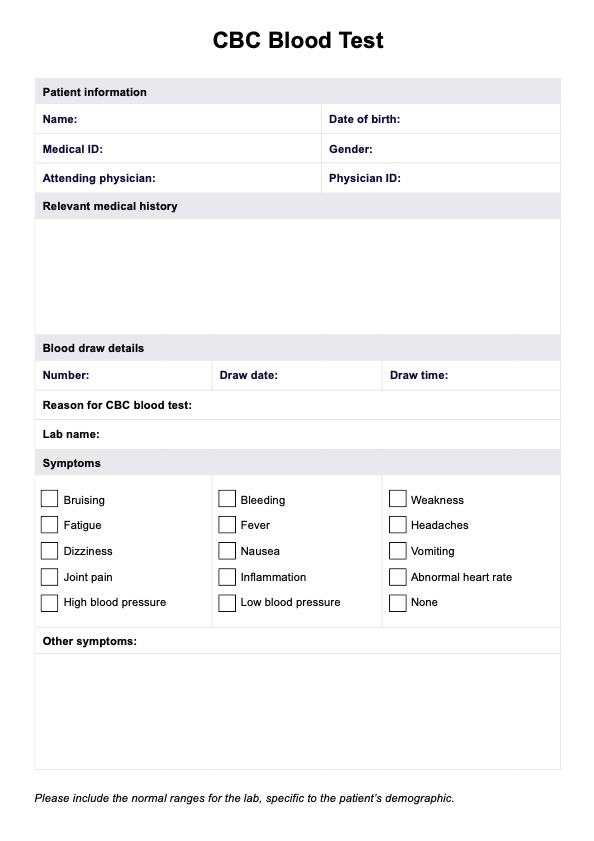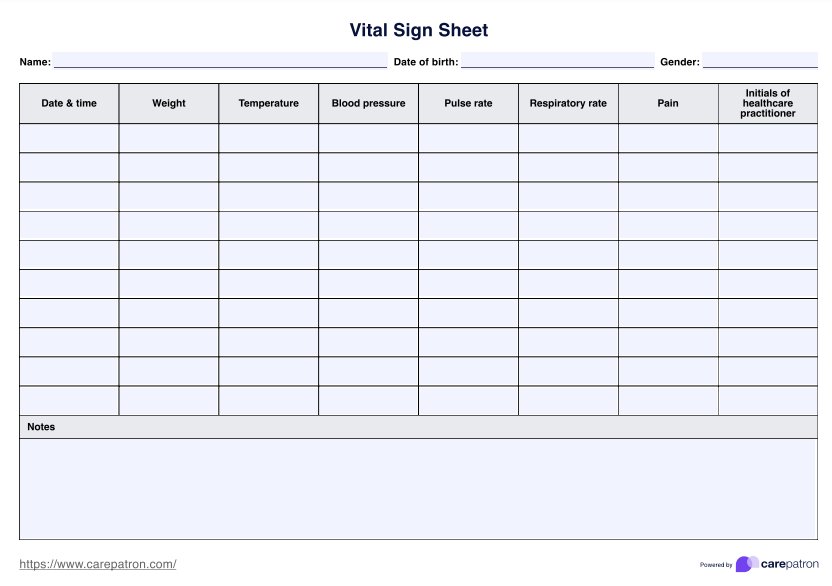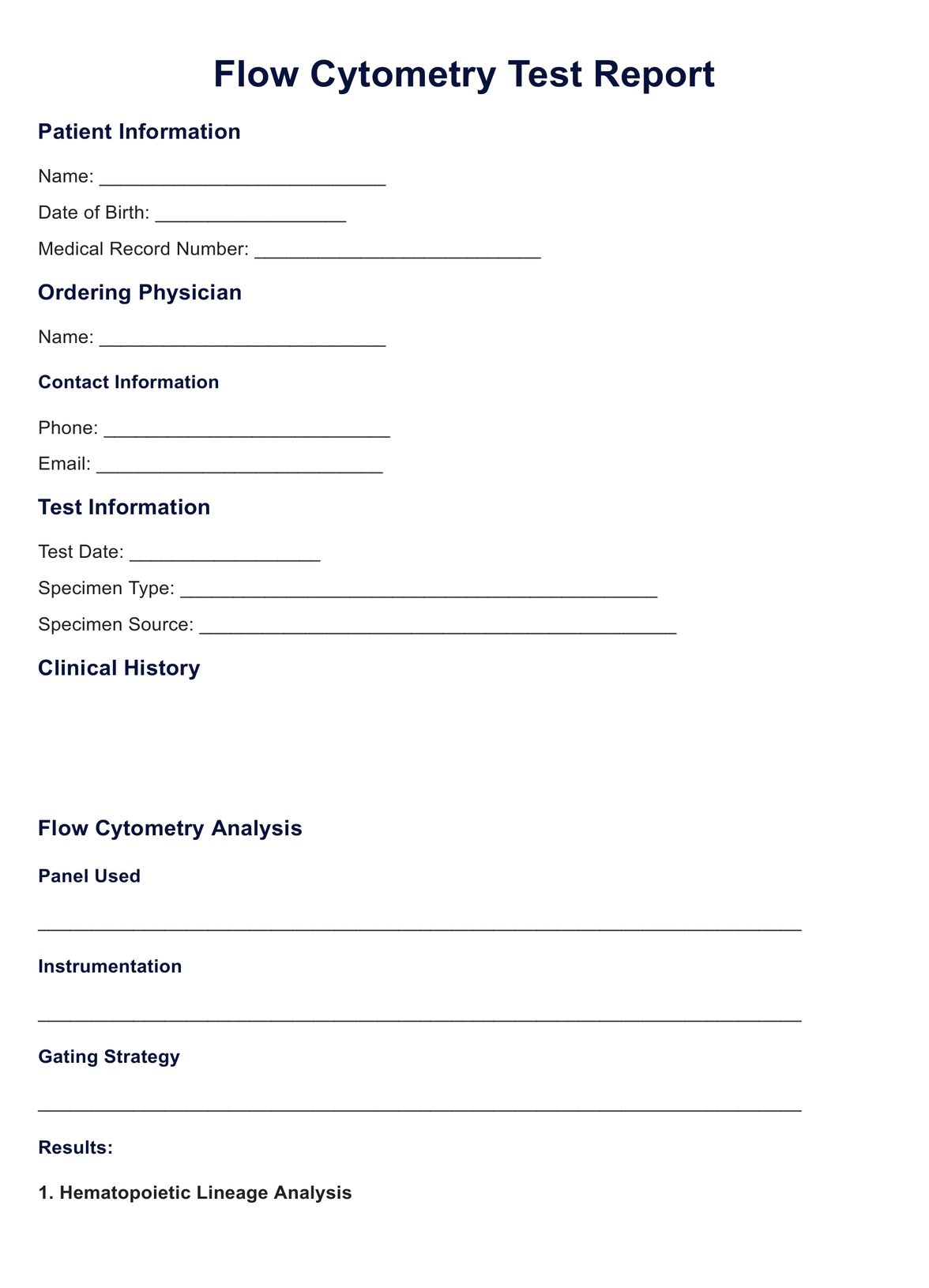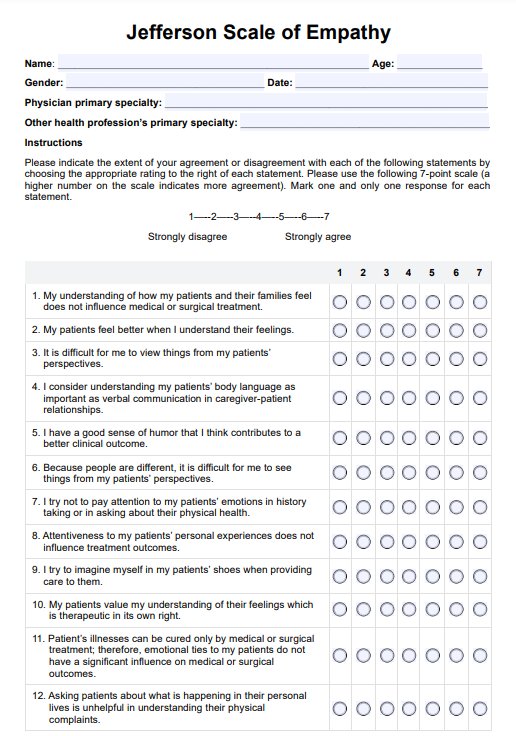Chronic Care Management Template
Get access to a free Chronic Care Management Template and help patients manage their conditions effectively.


The importance of chronic care management
Chronic care management (CCM) plays a vital role in supporting individuals with long-term health conditions. It is a structured approach that healthcare providers use to improve the quality of life for individual patients dealing with chronic illnesses such as chronic obstructive pulmonary disease (COPD), diabetes, and heart disease. By offering comprehensive chronic care management programs, healthcare professionals ensure that patients receive continuous care, addressing all aspects of their chronic health conditions.
One of the key elements of chronic care management is helping patients manage multiple conditions over time. This involves medication management, regular check-ins, and personalized care plans that help reduce the complications associated with chronic illnesses. Effective care management helps control the progression of a patient's chronic conditions and improves patient outcomes by lowering the risk of hospitalizations and emergency visits.
Furthermore, chronic care management ensures that patients receive coordinated care from various healthcare providers, offering a holistic approach to treatment. This coordination is particularly beneficial for individuals with multiple chronic health conditions, ensuring their treatments are aligned and continuously monitored. Ultimately, chronic care management fosters better communication, reduces healthcare costs, and improves patients' overall quality of life.
Chronic Care Management Template
Chronic Care Management Example
What is a Chronic Care Management Template?
A Chronic Care Management Template is a structured tool used by healthcare providers to organize and document the ongoing care of patients with chronic conditions. This template provides a structured framework that ensures all aspects of a patient's care are consistently managed and recorded. A CCM documentation template typically includes essential patient information such as medical history, treatment plans, and current medications. It also helps track progress through regular health assessments and ensures that care is tailored to the patient's needs.
A chronic care management care plan template is designed to streamline care coordination between primary physicians and other healthcare providers. Healthcare professionals can easily update and maintain records in the patient's electronic health record (EHR) by using Chronic Care Management Templates. This ensures that all care team members are on the same page regarding the patient's health status and treatment progress.
How does it work?
Carepatron’s Chronic Care Management Template provides healthcare professionals with an efficient and organized way to manage patients with chronic conditions. By following the steps outlined below, medical professionals can ensure comprehensive care, streamline documentation, and improve patient outcomes using this valuable resource.
Step 1: Access the template
To begin, users can easily find the CCM Template within this guide or by accessing Carepatron’s platform. The template is designed to be user-friendly and can be integrated into the practice’s electronic health record system for seamless documentation and tracking.
Step 2: Review the template content
Once accessed, medical professionals should carefully review the template’s sections. The CCM documentation template includes areas for recording patient information, medical history, and current medications. Understanding the template's layout helps ensure accurate and complete documentation of each patient's care.
Step 3: Use the template for patient assessment
During patient assessments, the chronic care management care plan template guides healthcare providers through collecting essential health data. This ensures all relevant details regarding the patient's chronic conditions are recorded, allowing for a comprehensive evaluation of the patient’s current health status.
Step 4: Interpret data and incorporate into care management
After completing the patient assessment, healthcare providers can use the CCM template to organize the collected data and integrate them into the patient's care management plan. This step is crucial in identifying trends or changes in the patient’s condition and adjusting treatment plans to ensure effective care management.
Step 5: Provide next steps and patient education
Finally, healthcare providers can use the template to outline the next steps for treatment and follow-up appointments and provide essential patient education. The Chronic Care Management Templates help improve adherence and empower patients to manage their chronic conditions effectively by ensuring patients understand their care plan and treatment options.
When would you use this template?
The Chronic Care Management Template is a valuable tool in various healthcare settings where chronic illness management is essential. It offers a structured framework for organizing patient care, improving care coordination, and enhancing patient engagement. Below are specific instances when this template proves particularly beneficial.
Managing chronic illnesses
The Chronic Care Management Template is ideal for patients with long-term conditions such as diabetes, heart disease, and asthma. It helps healthcare providers monitor symptoms, manage treatments, and ensure lifestyle modifications are properly followed to prevent complications and enhance quality of life.
Coordinating care with multiple healthcare providers
Patients with complex conditions often require treatment from multiple healthcare providers. This template helps facilitate care coordination across different specialties, ensuring that all professionals involved are aligned with the patient’s treatment plan and health progress.
High-risk patient population
For patients at significant risk due to severe or multiple chronic conditions, the template assists in closely tracking their care and functional status. It ensures healthcare organizations provide timely interventions, reducing the risk of hospitalization or further complications.
Supporting patient self-management techniques
Incorporating self-management techniques is a key part of chronic care. The template encourages patient education and engagement, helping individuals take control of their health and follow through on treatment plans and lifestyle adjustments.
Benefits of a Chronic Care Management Template
A Chronic Care Management Template offers numerous advantages for healthcare providers and patients, ensuring that chronic conditions are effectively managed. Below are some key benefits highlighting the value of incorporating a CCM template into healthcare practice.
Improved care coordination
The CCM Template enhances care coordination by streamlining the sharing of vital patient information among care teams. By documenting the patient's care plan, including treatments and vital signs, care coordinators can work together more efficiently to deliver cohesive and continuous care across multiple providers, reducing the risk of adverse events.
Promoting effective communication
A CCM template promotes effective communication between healthcare providers and patients. This clear, structured documentation allows professionals to convey the necessary information regarding the patient’s chronic condition and make informed decisions. Patients can better understand their progress and goals, ensuring a more engaged approach to their care.
Personalized care planning
The template supports individualized care planning by tailoring strategies to each individual patient. This personalization ensures that the patient goals are clearly identified and followed, leading to more focused interventions and better overall outcomes. It is especially useful for those at risk of functional decline due to long-term health issues.
Commonly asked questions
A chronic care management care plan is a comprehensive document that outlines the specific strategies and interventions needed to manage chronic conditions effectively. It includes individualized goals, medication management, and scheduled follow-ups to ensure continuous monitoring and support.
Chronic care management includes various components such as regular health assessments, medication management, coordination with multiple healthcare providers, and patient education. The goal is to create a holistic approach that empowers patients to manage their health and improve their quality of life.
The criteria for chronic care management (CCM) typically involve having two or more chronic conditions expected to last at least 12 months and requiring ongoing medical attention. Additionally, patients must agree to the care management services, allowing healthcare providers to deliver coordinated care tailored to their specific needs.


